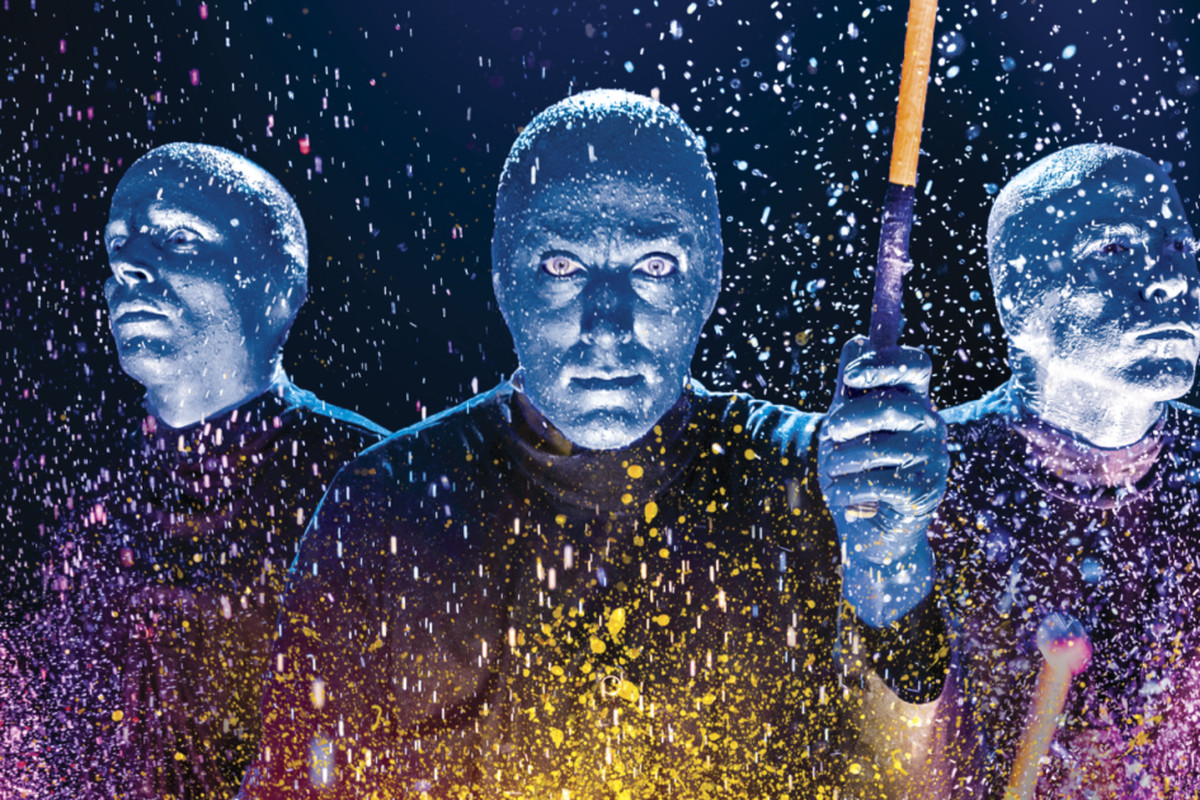 Despite significant issues remaining unresolved, a bill to regulate online poker in California unanimously passed the Assembly GO Committee yesterday.
Despite significant issues remaining unresolved, a bill to regulate online poker in California unanimously passed the Assembly GO Committee yesterday.
Yesterday´s hearing of the Assembly Government Oversight Committee passed Adam Gray´s bill to regulate online poker in California by an 18-0 majority, despite concerns being raised by the factions of the horseracing industry and parties opposed to the participation of PokerStars in a regulated market.
Other significant issues – such as whether the California Gambling Control Commission and the California Bureau of Gambling Control had the resources to effectively oversee regulation – were completely ignored, as was opposition to the bill by online poker players, who regard the bill as “[geolink href=”https://www.usafriendlypokersites.com/california-online-poker-bill-terrible-for-players/”]terrible[/geolink]”.
Ironically, the focus of the hearing was on player protection, despite their being no guidelines in AB 2863 on how player funds are going to be protected. Adam Gray said after the passage of his bill that there was still more work to do. That was probably a bit of an understatement.
Why is the Horseracing Industry Still Unhappy?
Back in February, the California Poker Bill was amended so that the horseracing industry would get a subsidy of $60 million each year – paid for by licensing fees and tax revenues generated from online poker. Some elements of the horseracing industry are quite happy with the proposal – provided the subsidy remains at $60 million – whereas others are concerned that the pay-off sets a precedent should the state later expand into other forms of online gambling.
At yesterday´s hearing Scott Wetch – a lobbyist for the Santa Anita racetrack – testified that 40% of the industry´s revenues come from being the only legal platform in California through which gamblers can place online bets. His concerns are that online poker will cannibalize the industry´s revenues, and that there are no guarantees that the subsidy is a long-term proposition.
There is also the issue of what happens if the state cannot raise $60 million from license fees and tax revenues. The current proposals for licensing and taxation do not state how much each online poker operator will have to pay, but do state that the initial licensing fees will act as a credit towards future tax liabilities.
This means – for example – that if four operators were to take out online poker licenses at (say) $15 million each, the horseracing industry would be assured of its $60 million in year one and the state would not collect any revenue. In year two, the whole $60 million collected in licensing fees could be reclaimed as tax credits – leaving the horseracing industry (and the state) with nothing.
Despite this scenario – and the question of where the extra resources are going to come from to support the California Gambling Control Commission and the California Bureau of Gambling Control – Gray declared the issue of horse racing participation settled. Effectively he believes that they are out of the picture irrespective of the consequences.
Bad Actor Clause Causes Further Divisions
Gray has a bigger hill to climb with the issue of “bad actors”. Language introduced into the bill last week to burden the issue of bad actors onto regulators – rather than legislators – was enough to prevent opposition to the bill by stakeholders opposed to PokerStars´ participation in the regulated market, but it sparked some heated debate at the hearing.
Mark Macarro – the Tribal Chairman of the Pechanga Band of Luiseño Indians – argued that online sites who had continued to operate in California after the passage of UIGEA gained unfair advantages in building a brand name, sophisticated software and a customer base. He said that the issue of bad actors required a clear policy from the legislature and not from unelected bureaucrats
.
Robert Martin – the Tribal Chairman of the Morongo Band of Mission Indians and supporter of PokerStars´ participation – commented that the online poker bill should not pick winners and losers
. He added that any legislative restrictions on an operator´s suitability to participate in the regulated market could lead to a legal challenge. It was all too much for John Pappas from the Poker Players Alliance, who tweeted:
“Bad Actor” provisions in CA have nothing to do w/protecting consumers. All about protecting business interest. Plain & simple-jp #dropit
— PokerPlayersAlliance (@ppapoker) April 27, 2016
More Work to Do? You Can Bet on It (but not online)
Following the passage of the bill, there was the usual plethora of congratulatory noises. The pro-PokerStars coalition released a statement with such haste it implied they knew the outcome of the hearing before it had even started. Adam Gray issued the well-used soundbite that this legislation … … can serve as a model for the rest of the nation
, while Steve Stallings from the Rincon Band of Luiseño Indians said he was confident legislation will pass this year.
Last month, Adam Gray said he will do whatever it takes to [geolink href=”https://www.usafriendlypokersites.com/gray-indicates-will-steamroller-ipoker-bill/”]steamroller his bill through the legislature[/geolink]. It would appear that he has taken the approach of Let´s get this bill through first and we´ll discuss the details afterwards
– a message that was clearly apparent at yesterday´s hearing. Whether he has enough time to discuss the details and to resolve the outstanding issues before the Assembly´s June 3 deadline for the bill is a different matter.




